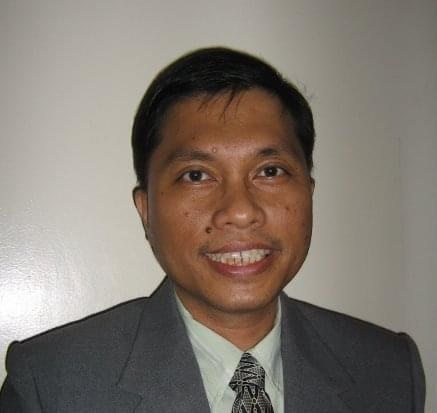OBLIQUE OBSERVATIONS
By Atty. Gilberto Lauengco, J.D.
The microchips of Taiwan and tensions in the region
Share
“Even the largest avalanche is triggered by small things.” – Vernor Vinge
Lately, there has been an uptick of news and discussions about escalating tensions in the Taiwan Strait. There is a renewed interest in the said region among Filipinos especially in the light of recent events involving our country.
Many analysts have discussed politics, geographical issues, and of course the military aspects of the situation. As someone who has lived and worked in Taiwan, I have often been asked what my views are on this matter and my opinions on the root causes of the said tension.
In response, I often cite one of the more interesting take on this matter which has something to do with Taiwan’s microchip industry.
Microchips also known as semiconductors are made of “material that conducts electricity more than an insulator but less than a pure conductor.” Because of this unique attribute, microchips are a key component and found in all of electronic or tech-based products we use every day. These include computers, smartphones, home appliances, cars, medical devices, transportation tech, aircraft components, television, internet of things and countless other devices. As the world becomes more digital, the demand for microchips is growing at a fantastic rate. To say that microchips are very important to today’s hi-tech world is an understatement.
Any disruption to microchip manufacturing will have severe consequences to the global supply chain. During the Covid pandemic, some factories had to close down or slow down manufacturing but the demand for electronic gadgets and microchips increased when people were stuck at home. The lower microchip production caused production slowdowns and price increases in several industries, including automotive and healthcare. If another longer and more massive disruption in microchip production occurs, it would lead to catastrophic ripple effects to the global economy.
Today, Taiwan alone manufactures more than 60 percent of the world’s microchips and more importantly Taiwan manufactures 90 percent of the most advanced microchips. Most of these microchips are produced by a single company, the Taiwan Semiconductor Manufacturing Corporation (TSMC). It is arguably one of the most important companies in Taiwan today.
Given the foregoing, it is quite important for many nations to keep Taiwan as an open and uncontrolled source of microchips. Many analysts have stated that western countries simply cannot allow anything that could possibly disrupt the microchip supply. They believe that this could be the main reason why tensions are escalating in the region as countries begin to maneuver and protect their interests. Unfortunately, an open conflict that could potentially destroy the microchip industry in Taiwan, would according to economists produce an economic crisis of incredible magnitude.
A lot of uninformed pundits have asked why couldn’t other so-called advanced nations just produce more microchips. The answer is simple. Microchips are very difficult to make. The production process is very precise and expensive and involves multiple complex steps that takes a lot of time to set up. Taiwan and TSMC in particular had a 40-year headstart in producing the conditions and tech base needed to produce microchips. Taiwan has invested time and money to position itself in the industry and make itself indispensable to the western world. This is what they call the “silicon shield” which would compel western countries to come to its defense.
As the world continues to be more dependent on technology, it is apparent that this microchip flashpoint is fast becoming a greater threat. Perhaps it would not be a bad thing to dial down on this obsession of continuous upgrading. Feature phones aren’t that bad. Our generation survived with simpler modes of communication. Maybe it is time to slow down.
This is my oblique observation.
Editor’s note: The opinions expressed in the foregoing article are solely the author’s and do not reflect the opinions and beliefs of the Philippine News Agency (PNA) or any other office under the Presidential Communications Office.
Comments
About the Columnist

ATTY. GILBERTO LAUENGCO, J.D. is a lawyer, educator, political strategist, government consultant, Lego enthusiast, and the director of CAER Think Tank. He is a Former Vice Chairman of MECO, Special Assistant of NFA and City Administrator among others. His broad experience has molded his unique approach to issues analysis which he calls the oblique observation.
